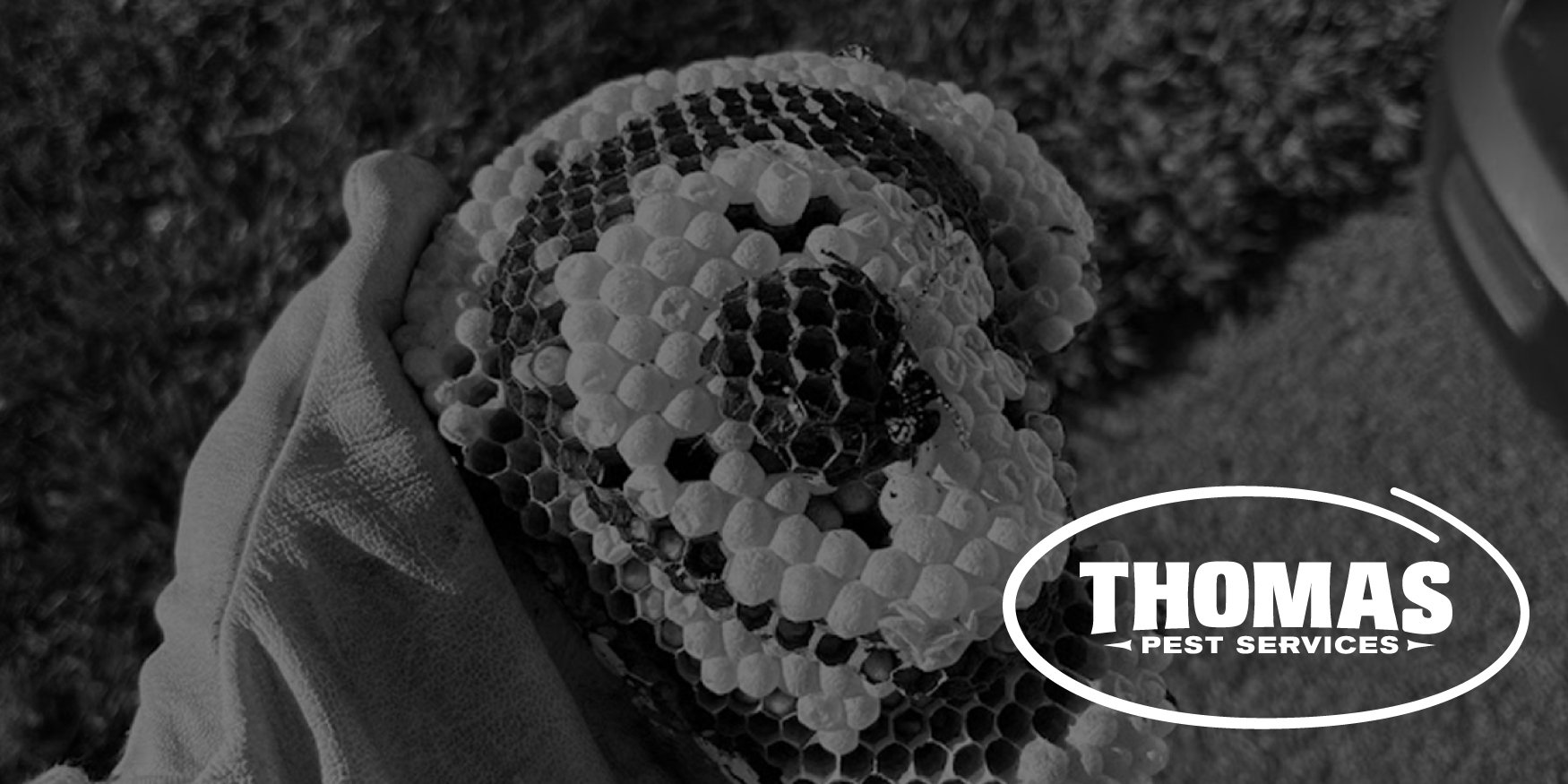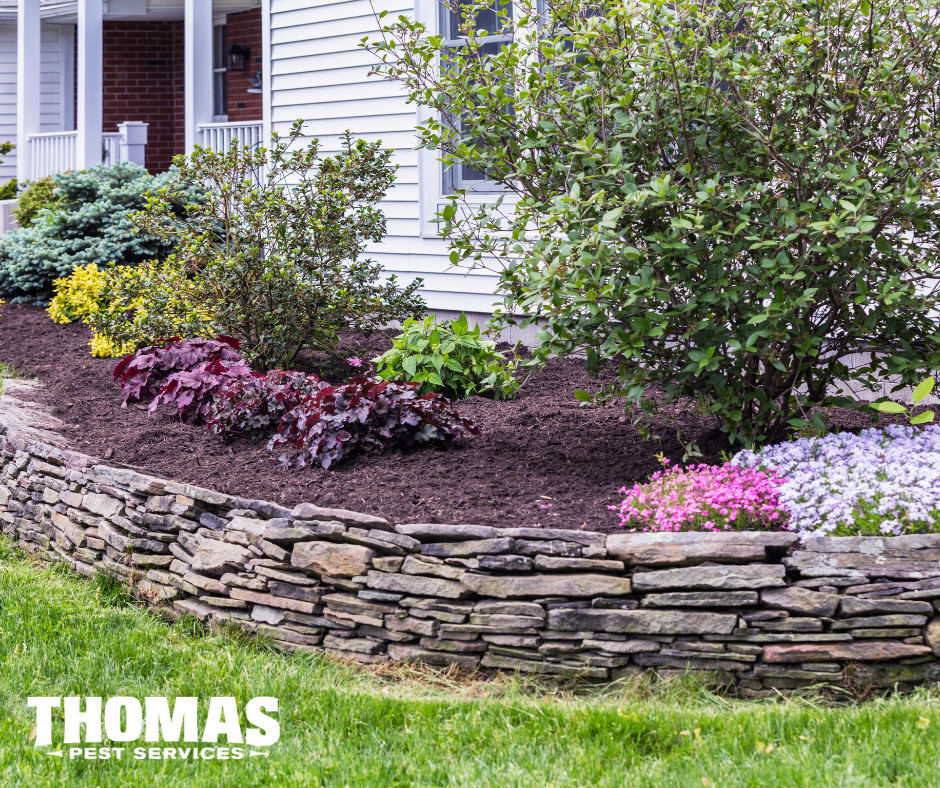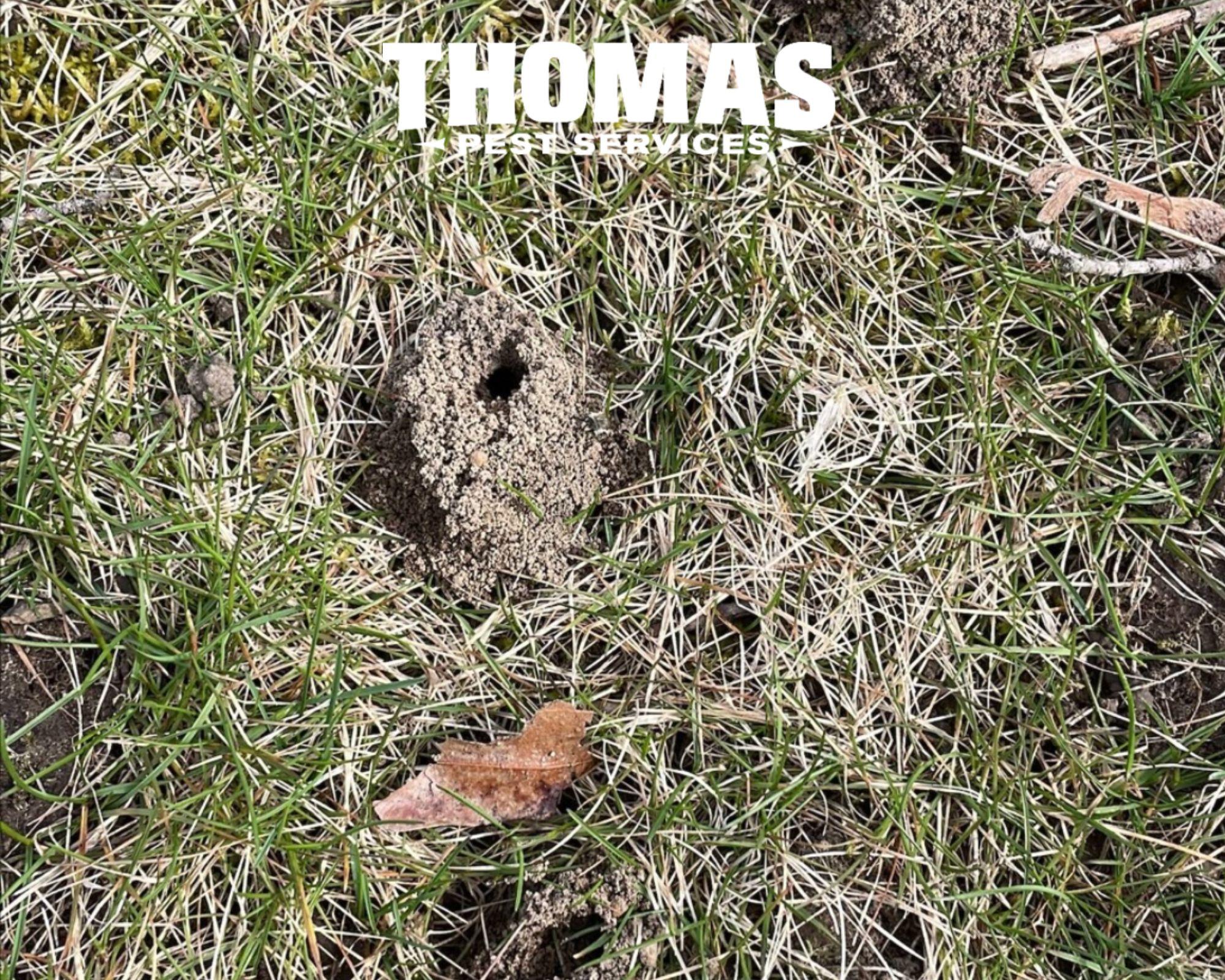Comparing Termites And Carpenter Ants
We all know that termites and carpenter ants are destructive pests, but few people know how much damage these insects are capable of or how they go about damaging man-made structures. So, in the spirit of spring, the time of year where we are most likely to see termite and carpenter ant swarmers buzzing around or crawling on our homes and businesses, we've put together this quick FAQ.
How do termites and carpenter ants damage wood?
Termites consume wood. The subterranean termite, which is the most destructive termite in the United States, comes up from the ground to feed on man-made structures and can travel as much as the distance of a football field, underground, to get to a food source.
Carpenter ants don't consume wood. These insects chew galleries and tunnels inside wood. Inside a home, they can become visible pests if they find a food source within, such as pet food, fruit, and other food left out. Most of the time, carpenter ants get the majority of their food from outside a home they are infesting.
Which is more destructive, termites or carpenter ants?
Termites are responsible for billions of dollars in damage each year in the United States. Carpenter ant damage is in the millions. But that doesn't mean you can't have a carpenter ant infestation that does as much damage. When carpenter ants establish nests in a home they must push sawdust out of their tunneling. This sawdust usually acts as a warning to a home or business owner, especially if there is a significant amount of damage. The longer carpenter ants can infest without detection, the more damage they can do. If sawdust is pushed through kick out holes by an indoor wood stack or a wood pile that sits against the wall of a home, it can mask the presence of carpenter ants. When conditions like this--or something similar--exist, carpenter ants may be allowed to do just as much damage as termites. But, most of the time, they do not.
Why do termites do so much damage?
As mentioned above, termites consume wood. There is no sawdust left behind. And, termites do this 24 hours a day, 7 days a week, and sometimes 365 days a year, under the right conditions. These simple organisms don't require sleep. Termites are also capable of eating all types of wood, while carpenter ants are more inclined to chew into softer wood. In fact, termites can chew across the grain from spring wood into summer wood.
If you see swarmers on your property this spring, whether they are carpenter ant swarmers or termite swarmers, call a pest control company to do a detailed inspection. It is never good to allow either of these two destructive insects access to your home.




